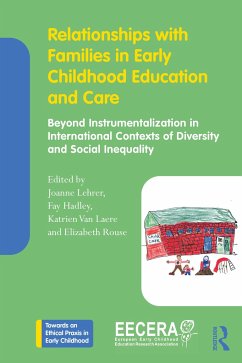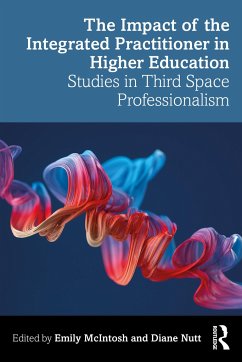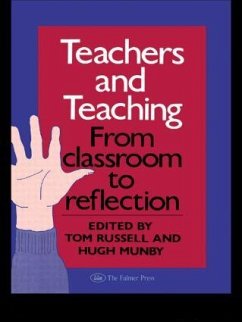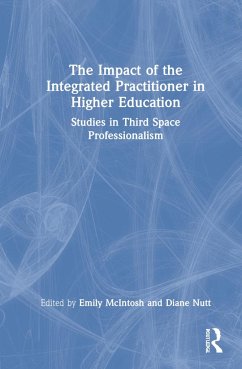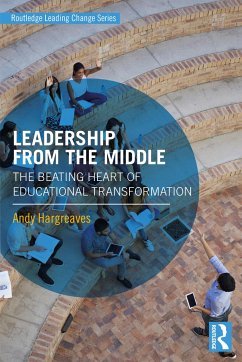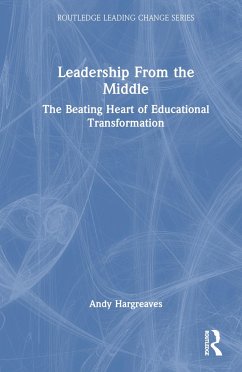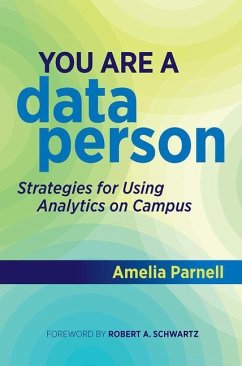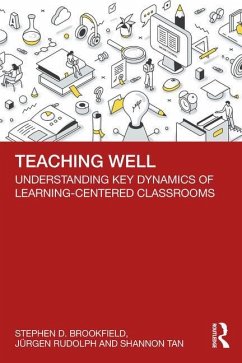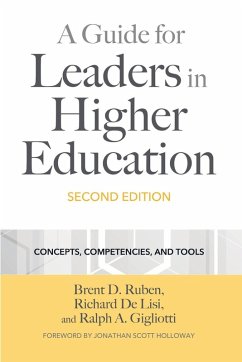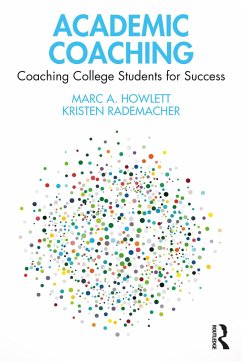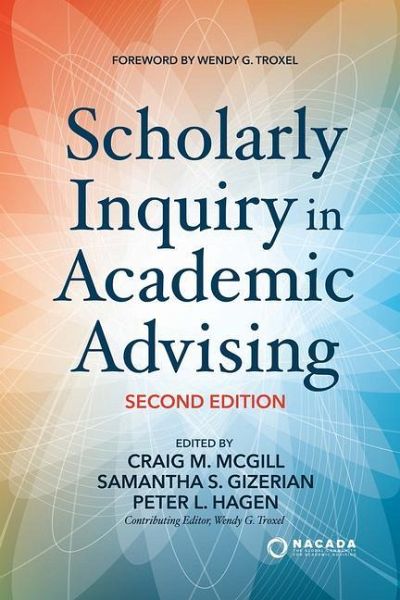
Scholarly Inquiry in Academic Advising
Versandkostenfrei!
Versandfertig in 6-10 Tagen
35,99 €
inkl. MwSt.
Weitere Ausgaben:

PAYBACK Punkte
18 °P sammeln!
Co-published with NACADAA large and growing number of academic advisors are interested in researching and publishing scholarly inquiry in academic advising. Since the first edition of this book was published, the scope of relevant inquiry has widened and deepened, and public attention and accountability is at an all-time high. This second edition of Scholarly Inquiry in Academic Advising provides scholar-practitioners with methodological perspectives from each of the major ways of knowing: the social sciences, including qualitative, quantitative, and now mixed methods approaches; the arts; the...
Co-published with NACADAA large and growing number of academic advisors are interested in researching and publishing scholarly inquiry in academic advising. Since the first edition of this book was published, the scope of relevant inquiry has widened and deepened, and public attention and accountability is at an all-time high. This second edition of Scholarly Inquiry in Academic Advising provides scholar-practitioners with methodological perspectives from each of the major ways of knowing: the social sciences, including qualitative, quantitative, and now mixed methods approaches; the arts; the humanities; and the natural sciences. This book is a vade mecum for researchers in academic advising to formulate research questions, structure research, point to useful theoretical and methodological approaches, guide analysis, and help find publication outlets. Authors from a multitude of backgrounds seek to raise the level of discourse about academic advising, to illustrate its history, to reflect on how research can foster new perspectives, and to connect with and foster social justice, internationality, and inclusivity. This volume will assist those who seek to push back the frontiers of knowledge in the field, because it serves as a handbook for advising scholars, whatever their epistemological, theoretical, axiological, and methodological predilections. As for practitioners, this book "raises the bar" and conveys to even non-researching practitioners that scholarly inquiry in academic advising is a desirable avenue to professional development that must inform their practice.





